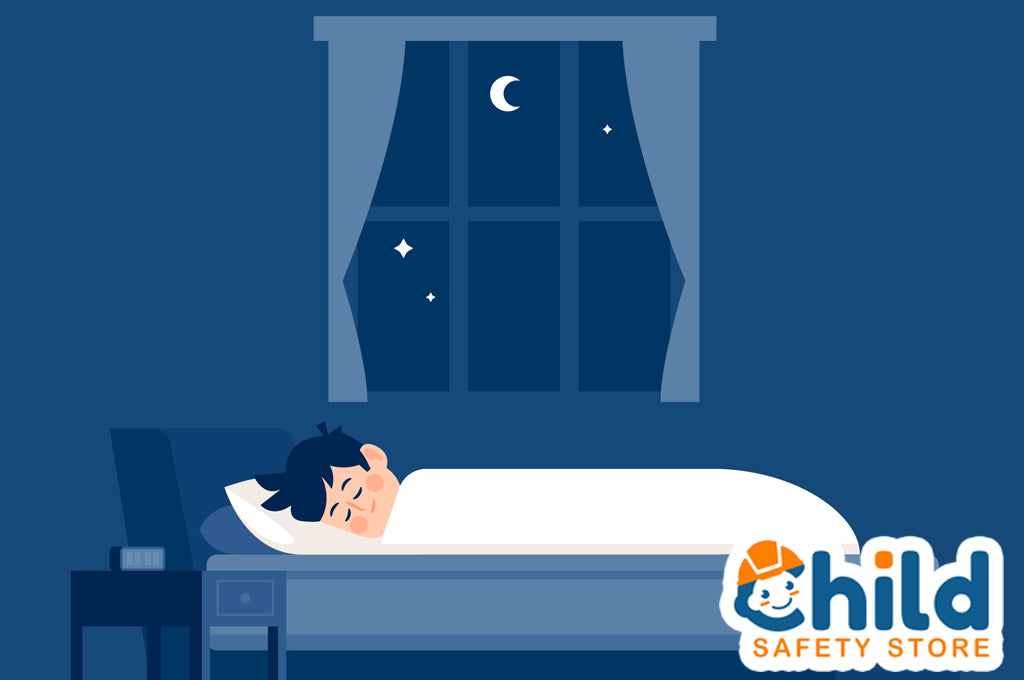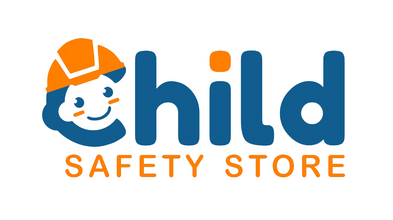
Dangers of Sleep Aids for Kids
Kids of all ages need sleep, whether they like it or not! When it comes to the importance of sleep, this cannot be overstated. To this end, many parents have turned to using certain over-the-counter sleep aids, such as melatonin. In some cases, this can be risky. So let’s talk about the dangers of sleep aids for kids.
The Value of a Good Night’s Rest
Getting rest is extremely important for our overall health. In addition to having more energy and a longer attention span, a good night’s rest is crucial for mental health. During the past few years in particular, kids have been under a lot of stress. With the worries of Covid and isolation, we have been seeing a serious decline in the mental health of our children. According to Mental Health America, as many as one in six kids aged 6-17 are experiencing a mental health disorder each year.
In addition to socialization, sleep can play a major role in a child’s developing mental health. Neglecting this very important aspect of a child’s wellbeing can have serious consequences. It is a dark matter to speak about, but suicide has become the second leading cause of death among people aged 10-34. This is all the more reason to bring this subject to the surface. To learn more about how mental health is affecting children, read out full article on the subject.
Sleep for Very Little Ones
Our littlest ones have their own special needs when it comes to their sleep habits. Before we discuss the dangers of sleep aids for kids, let’s remember some basic tips for safer infant sleep. During the earliest months of life, it is crucial that babies sleep on their backs.
Additionally, even though a blanket or stuffed animal may seem comforting, these items should remain outside of the crib. Anything that may obstruct breathing can be extremely hazardous to a baby’s health. SIDS is a very serious subject matter and all precautions should be taken to prevent it.
Melatonin: Dangers of Sleep Aids for Kids
In the past few years, several sleep aids for kids have become rather mainstream. Of these, melatonin certainly tops the list. In fact, according to the National Institutes of Health, melatonin use among children aged 4 to 17 rose significantly between the years of 2007 and 2012. For this age group, it grew from 0.1 percent to 0.7 percent.
Many parents use it to combat a number of issues regarding their children’s sleep. If a kid is too fussy or excited to fall asleep, this seemingly gentle sleep aid can help lull them to slumber. With that said: are sleep aids for kids a smart idea?
As of today, it seems that using melatonin as a sleep aid tends to be considered generally safe. At least, this is true on a short-term basis. The truth is that there simply has not been enough long-term research to know for sure.
As far as the short-term is concerned, what we do know is that there are some potential side effects from using melatonin. These include dizziness, wetting the bed, headaches, nightmares, and drowsiness during the day. Fortunately, these tend to dissipate when the child stops using the sleep aid.
When considering the potential dangers of sleep aids for kids, remember that while melatonin is an over-the-counter supplement in the United States, this is not true everywhere. In other countries, it is available only with a prescription. Keep this in mind when deciding whether to use this sleep aid.
Speak with a Doctor First
As with any information shared on this safety blog, we will always defer to a doctor’s advice. Never give your child medication without first consulting a medical professional. Besides general hazards, every person’s body is unique. It is always possible that a medication – even an over-the-counter supplement – can cause an allergic or adverse reaction. Before trying something new, have a conversation with an expert.
If you are worried about the potential dangers of sleep aids for kids, consider avoiding them altogether. Instead, try to set up a relaxing nightly routine. Give the child a bath, read a book and set a regular bed time. Turn off any electronics or lights. In addition, try to remove any immediate distractions or toys from the room. These can help to produce a calming atmosphere and naturally lull a child to sleep.
